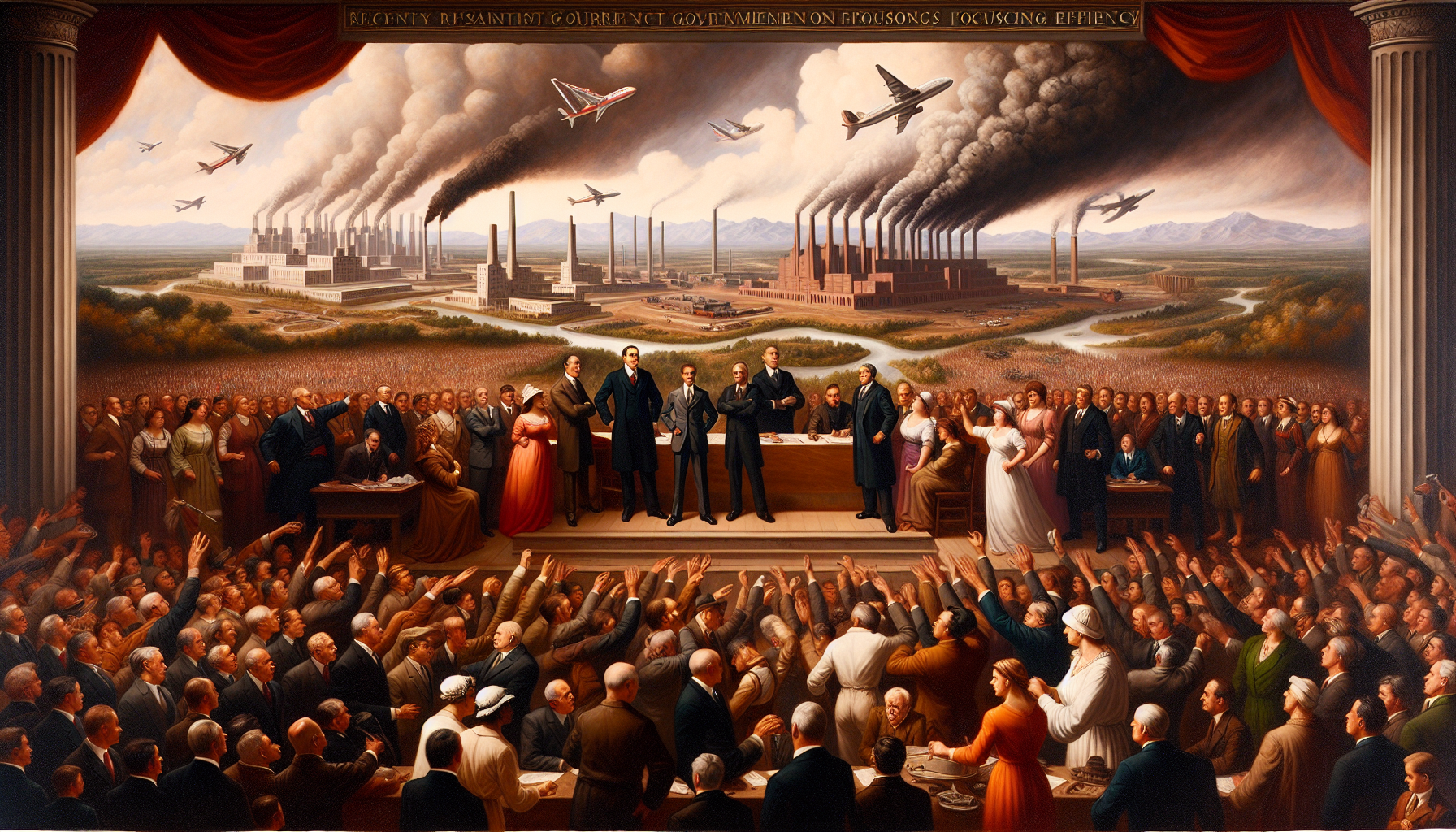🦅 Executive Branch |
White House |
-
On March 20, 2025, President Donald Trump signed an order to make buying common goods and services for the government more efficient by having one main agency, the General Services Administration (GSA), handle these purchases instead of many different agencies doing it separately. This change affects all federal agencies that spend about $490 billion a year on these goods and services. It matters because it aims to save taxpayer money by reducing waste and making sure that government agencies can focus better on their main jobs of serving the public. Read full document →
-
On March 20, 2025, President Donald Trump signed an order to boost the production of important minerals in the United States. This order affects companies and workers in the mining and manufacturing industries, as it aims to speed up the process of getting permits to mine and produce minerals like copper, gold, and uranium. This is important because it helps create jobs, supports the economy, and reduces the country’s reliance on minerals from other countries, which can be risky for national security. Read full document →
-
On March 20, 2025, President Donald Trump signed an order to close the U.S. Department of Education, which has been in charge of federal education programs since 1979. This action affects students, parents, and teachers across the country because it aims to give more control over education back to state and local communities. The order says that federal education programs have not been working well, with 70% of 8th graders not reading well and 72% not doing well in math. By closing the department, the president believes it will help improve education for children and reduce the federal government’s role in schools. Read full document →
|
Federal Register |
- The U.S. government has made a new rule that stops certain flights in Libya for three more years, until March 20, 2028. This rule affects U.S. airlines, commercial operators, and pilots who have FAA certificates, meaning they cannot fly in Libya’s airspace unless they are working for a foreign airline. This is important because it helps keep people safe by preventing flights in an area where there are ongoing dangers, like fighting and unstable conditions, which could put passengers and crews at risk. Read full document →
|
|
|

